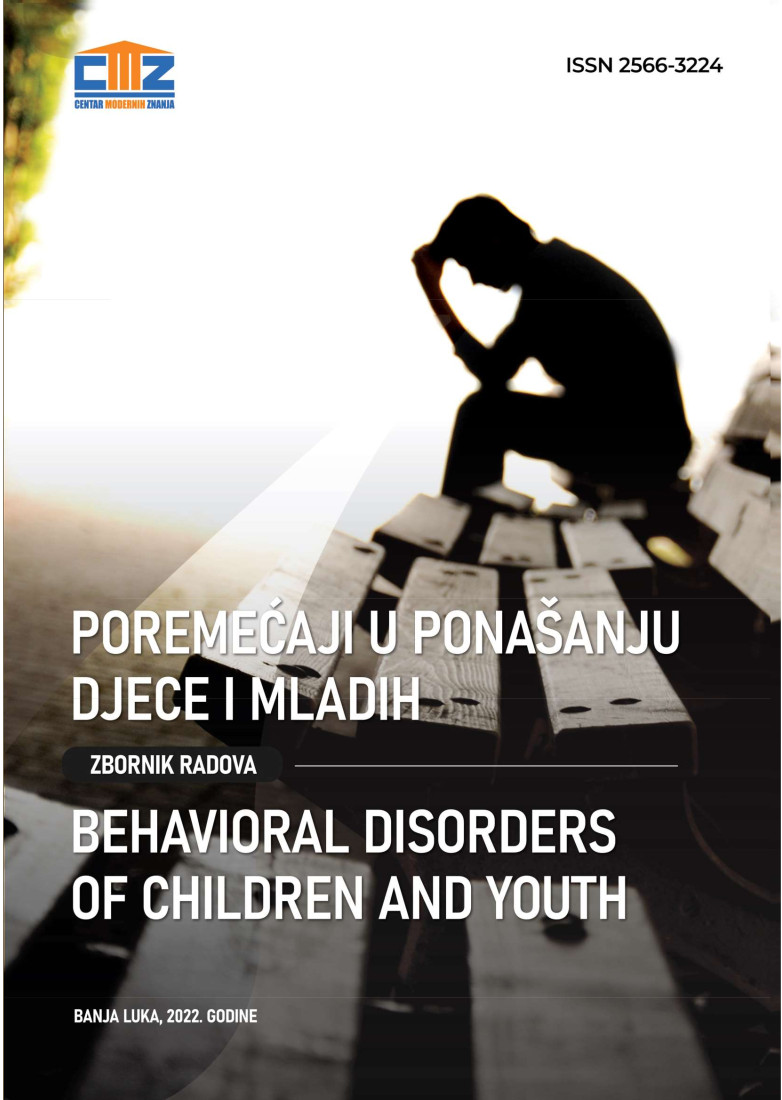KOCKANJE SREDNJOŠKOLACA I STUDENATA UČESTALOST, POVEZANA PONAŠANJA KOJA VODE KA ZAVISNOSTI I PORODIČNE VARIJABLE OD INTERESA
HIGH SCHOOL AND COLLEGE GAMBLING: FREQUENCY, ASSOCIATED BEHAVIORS LEADING TO ADDICTION, AND FAMILY VARIABLES OF INTEREST
Author(s): Goran Stojanović, Mirjana Damjenić Bratić, Draženko JorgićSubject(s): Behaviorism, Substance abuse and addiction, Social Norms / Social Control
Published by: CENTAR MODERNIH ZNANJA
Keywords: high school and university students' gambling; young people's gambling addiction; salient social groups;
Summary/Abstract: The aim of this paper is to identify the frequency of gambling, the types of games of chance that are popular among high school and university students today, as well as the connection between the frequency of gambling and the use of alcohol, cigarettes and vapes, as well as the behavior of parents regarding gambling and the quality of family relationships. III and IV grade high school students and students of different years of study at the University of Banja Luka and East Sarajevo from most cities and municipalities of Republika Srpska participated in the research. To realize this goal, an e-questionnaire was used on general socio-demographic data and gambling activities, as well as family variables of interest (Stojanović, Damjenić, Damjenić Bratić and Jorgić, 2022). The survey was focused on formal forms of games of chance, that is, those games offered by officially registered organizers in the territory of Republika Srpska. The results of 2,700 respondents (80.3% of high school students and 19.7% of university students) show that more than two-thirds of the respondents have gambled at some point in their lives, and that the frequency of gambling is positively related to the use of alcohol, cigarettes, vapes, and the frequency of gambling by both parents and financial status of the family. In addition, a negative relationship was found with the experience of the quality of the relationship with the family. The results indicate that gambling cannot be prevented or treated as an isolated problematic behavior in adolescence, but only in the context of related behaviors and relationships with salient social groups.
Journal: DRUŠTVENE DEVIJACIJE
- Issue Year: VII/2022
- Issue No: 7
- Page Range: 442-453
- Page Count: 12
- Language: Bosnian, Croatian, Serbian

